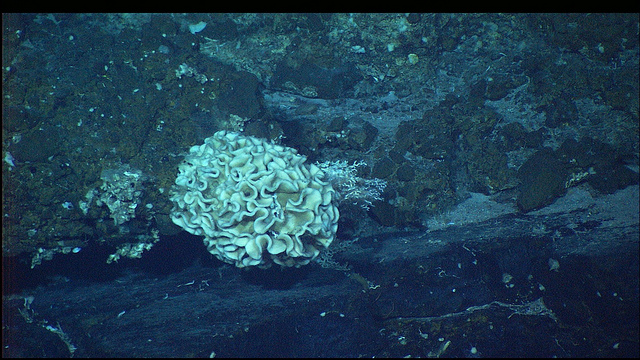- 354Facebook friends ought to be your limit source
- » There’s nothing wrong with denying that friend request: A recent study presented at the annual Society for Personality and Social Psychology meeting asked a group of participants to check their friend’s status updates. After doing so, they rated their lives as “much less satisfying” than a group that didn’t check their news feed. They looked at how many friends the users had, and found that 354 friends was roughly the point at which reading status updates started making them sad. The theory is that status updates often paint a disproportionately positive picture of peoples’ lives. Readers of said updates compare their own lives to those represented in status updates, and figure that they’re having a lot less fun than everybody else. The solution, then, is to either clean up your friends list, or befriend a bunch of depressed misanthropes.






